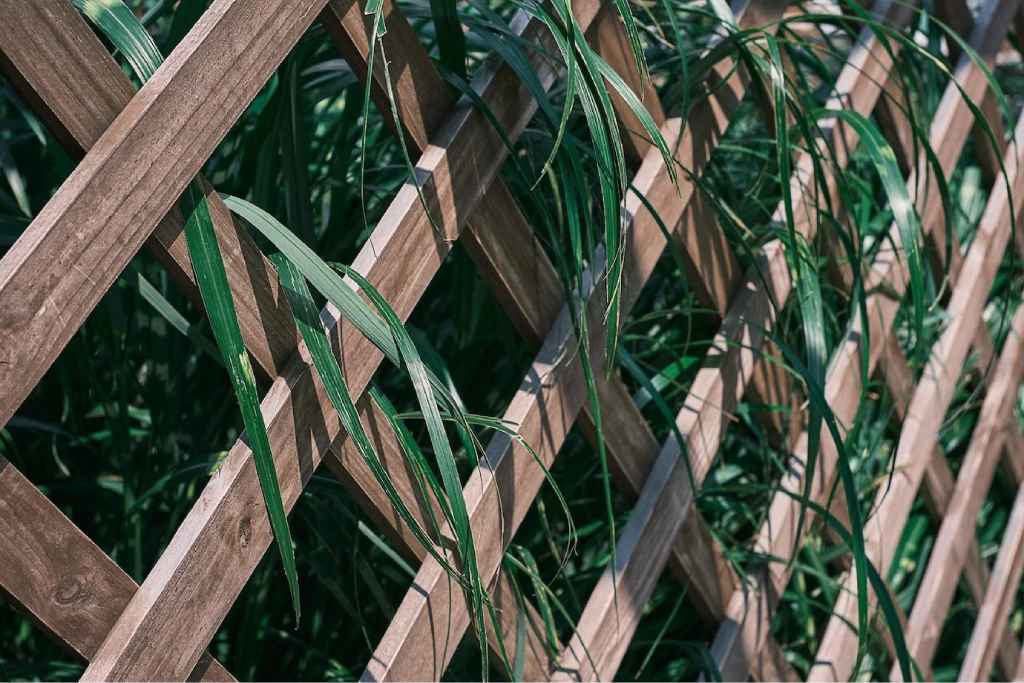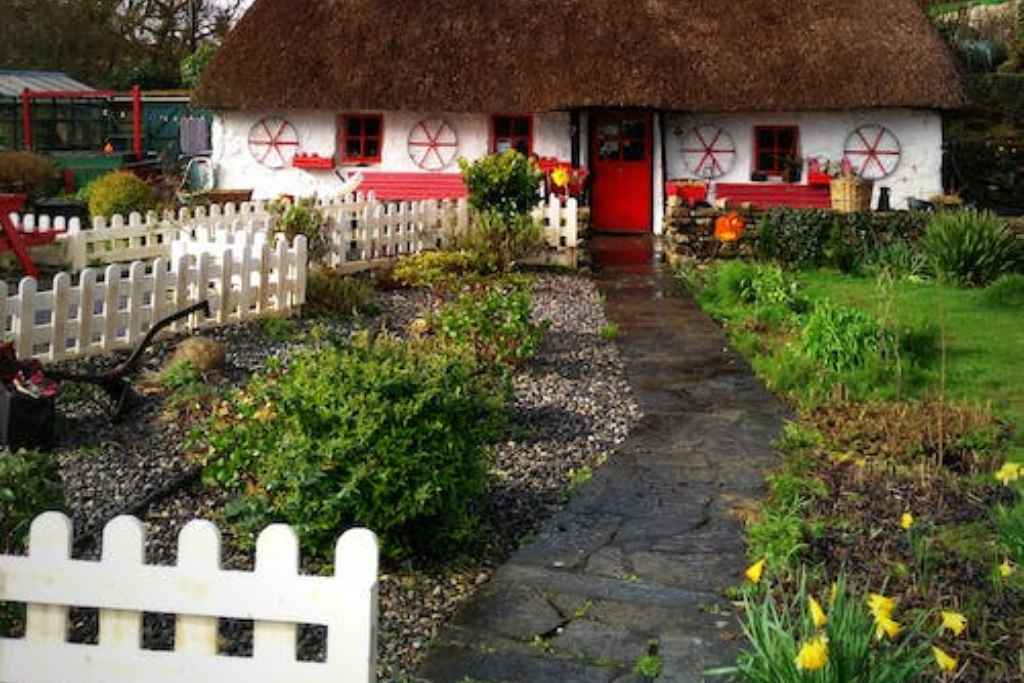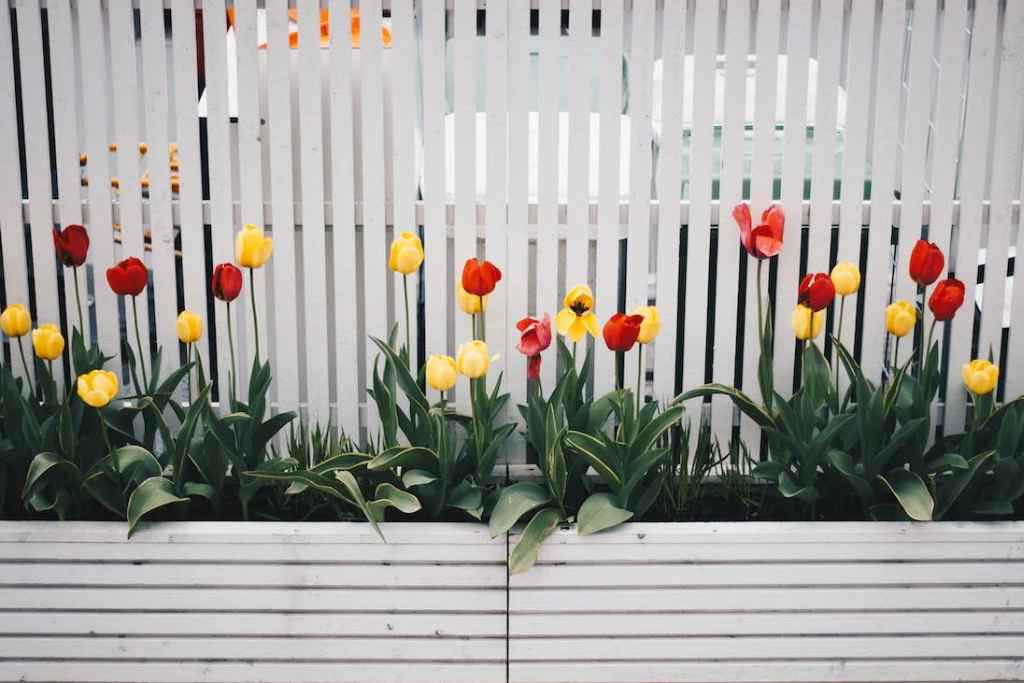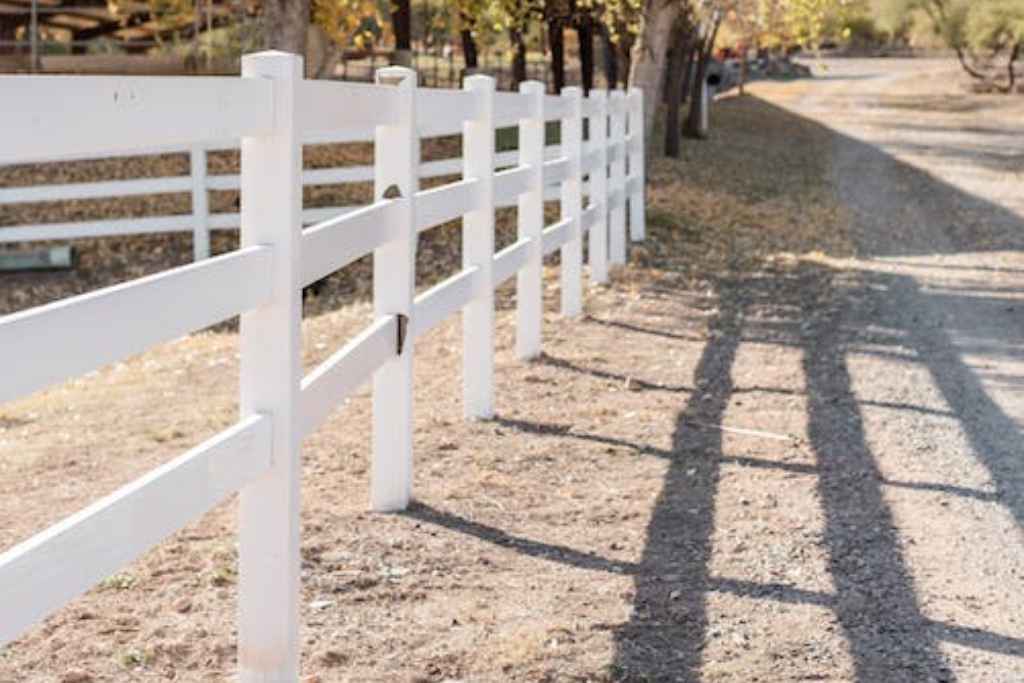- Free Estimates

As a homeowner, one top priority is ensuring that your property is safe, secure, and visually appealing. A garden fence can help you achieve these goals by defining your property boundaries, keeping unwanted animals and people out, and enhancing the aesthetic appeal of your outdoor space.
However, choosing suitable materials for your garden fence can be daunting, especially if you’re unfamiliar with the available options. In this blog, we’ll provide expert tips from professional fence installers in Newtown, CT, for selecting the best materials for your garden fence based on your needs, preferences, and budget.
Before diving into the specifics of choosing garden fence materials, let’s look at the basic steps involved in building a garden fence. These steps include:
Now that you have an overview of the fence-building process, let’s discuss choosing the suitable materials for each step.

When it comes to choosing the right materials for your garden fence, there are several factors that you need to consider. Let’s look at these factors and how they can influence your decision.
You want to choose materials that can withstand the elements, resist decay and rot, and resist insect damage. The most durable and long-lasting fence materials include metal, concrete, and brick. However, these materials can be expensive and may not be the best option if you’re on a tight budget.
Your fence should complement the style of your home and garden, so choosing materials that match your preferred design aesthetic is essential. Whether you’re looking for a traditional, rustic, or modern look, there are plenty of materials to choose from. Wood is popular for a classic, natural look, while vinyl and metal fences offer a sleek and modern appearance. Mix and match materials to create a unique and personalized design.
Different fence materials require different levels of maintenance. For example, wood fences require regular staining or painting to prevent rot and decay, while vinyl fences can be cleaned with a simple spray from a hose. Consider your lifestyle and how much time and effort you will put into maintaining your fence. If you’re looking for a low-maintenance option, vinyl or metal fences may be your best choice.
Different materials come at different prices, so choose materials that fit your budget while meeting your other needs. For example, wood fences are often the most affordable option, while metal and concrete fences can be more expensive. Remember that while upfront costs may be higher for some materials, they may last longer and require less maintenance in the long run, saving you money in the long term. Consulting with professional fence installers in Newtown, CT, can help you determine the best materials and design for your budget.
If you’re environmentally conscious, choose sustainable, eco-friendly materials with a low carbon footprint. For example, bamboo is a popular and sustainable option that grows quickly and requires minimal maintenance. Additionally, using recycled materials for your fence can reduce waste and help protect the environment.
Researching local zoning laws and homeowner association guidelines is essential to ensure that your fence complies with regulations. Certain materials may be restricted or prohibited in your area, so knowing what options are available to you before you start your project is essential. It’s also important to check for any permits or approvals required before installing your fence. If you’re unsure about your local fence installation regulations, it’s best to consult professional fence installers in Newtown, CT.

Several materials are commonly used for garden fences, each with its own unique advantages and disadvantages. Let’s take a look at some of the most popular options:
Wood is a classic and timeless option that can be customized to match any design aesthetic. It’s also relatively affordable and easy to work with. However, wood requires regular maintenance to prevent rot, decay, and insect damage.
Vinyl is a durable and low-maintenance option that can mimic the look of wood or other materials. It’s also resistant to rot, decay, and insect damage. However, vinyl fences can be expensive and less eco-friendly than other options.
Aluminum is a lightweight, durable option resistant to rust, corrosion, and fading. It’s also relatively low maintenance and can be customized to match any design. However, aluminum fences can be expensive and may not provide as much privacy as other options.
Wrought iron is a classic and elegant option that provides security and privacy while allowing visibility. It’s also durable and low maintenance. However, wrought iron fences can be expensive and heavy and may require professional installation from expert fence installers in Newtown, CT.
Bamboo is an eco-friendly, sustainable option that’s lightweight, flexible, and easy to work with. It’s also relatively affordable and can provide a natural and rustic look. However, bamboo fences may not be as durable as other options and require regular maintenance to prevent fading and weathering.
Chain link is a durable and affordable option commonly used for security and boundary purposes. It’s also easy to install and customized to match any design. However, chain link fences may not provide as much privacy as other options and may not be aesthetically pleasing.

If you’re considering installing a garden fence in Newtown, CT, it’s highly recommended that you work with a professional fencing contractor. Here are some of the benefits of hiring a professional:
Building a garden fence requires careful consideration of several factors, including durability, aesthetics, maintenance, cost, and environmental impact. But, by choosing the suitable materials for your needs and working with professional fence installers in Newtown, CT, you can create a beautiful, secure, and functional outdoor space that adds value to your home. So, if you’re ready to install a garden fence, contact Newtown Fence Contractor today for expert advice and top-notch installation services.